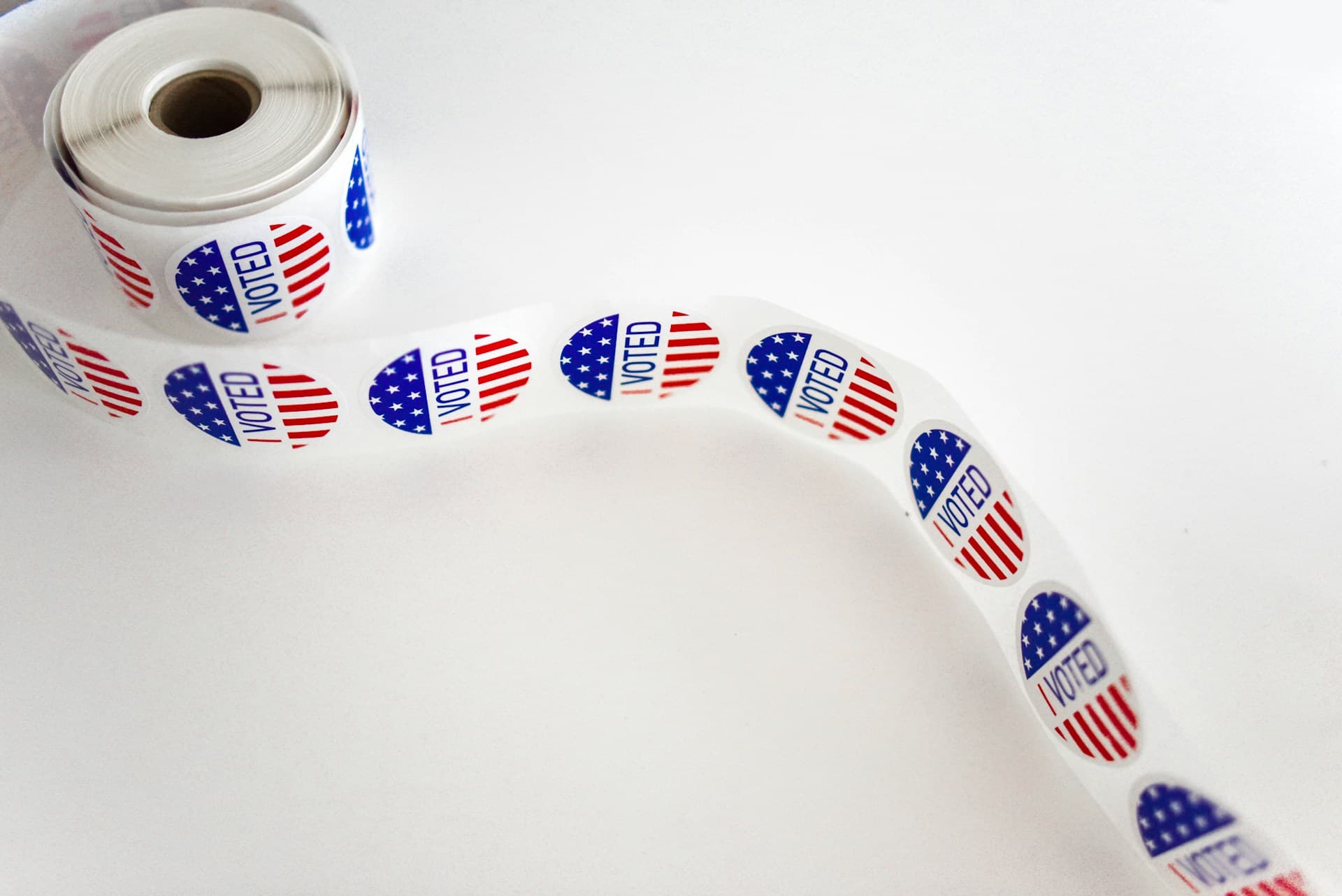Idaho Lawmakers Threaten to Repeal Prop 1 If Voters Pass It

Photo Credit: Ken Lund / Flickr
Idaho Republican lawmakers have indicated that because they don't like election reforms in Proposition 1, they will consider repealing or amending the proposal if voters approve it in November.
Idaho Capital Sun reports:
"If voters approve Proposition 1, it would become law, and legislators would be able to amend it or repeal it just like any other law passed by the Idaho Legislature.
That has happened before. In 1994, Idaho voters approved a ballot initiative creating term limits for elected officials in Idaho, but the Idaho Legislature repealed the term limits law and even voted to override a 2002 gubernatorial veto in order to keep term limits repealed."
State lawmakers are laying the groundwork for justifying repeal by asserting that voters were misled in the signature gathering process. House Speaker Mike Moyle said:
“If voters pass it and we have what’s happening now where people who signed the initiative say, ‘that’s not what they told me it did,’ if enough people have been misled, then I think that there would be an opportunity there to fix it."
He added that he hopes voters kill the initiative.
LEARN ABOUT IT: Proposition 1: 300,000 Independent Voters Can Pass Historic Election Reform in Idaho
Prop. 1 establishes a nonpartisan open primary in which all registered voters have an opportunity to vote for any candidate running, regardless of party. It opens taxpayer-funded primaries to 300,000 independent voters.
To clarify, this ends party primaries. Primary elections would become about selecting the four most viable candidates among all voters, rather than selecting party nominees in elections that are only accessible to party members.
The proposal also implements ranked choice voting, which would give voters the option to rank the top four candidates in the general election in order of preference and guarantees a majority winner through instant runoffs (if needed).
Attorney General Raúl Labrado tried to get the measure tossed in court using the same strategy as state lawmakers: Suggesting that Idahoans for Open Primaries, the campaign behind Prop. 1, misled voters while gathering signatures.
Labrado claimed it was misleading to call Prop. 1 an open primary initiative, even though it does open primary elections to all voters.
The lawsuit was initially filed in the wrong court and was subsequently tossed in the state Supreme Court for that reason. Labrado re-filed in Ada County District Court, and the court ruled he negated his own argument.
Specifically, the judge found that he failed to establish that 'open primary initiative' was an improper term to use, and that an account from one of his witnesses wasn't accurate.
The question is: Will state lawmakers rely on the same type of accounts to justify repeal should voters pass Prop. 1. The measure will be on the November 5 ballot. It needs a majority of the vote to pass.
 Shawn Griffiths
Shawn Griffiths






